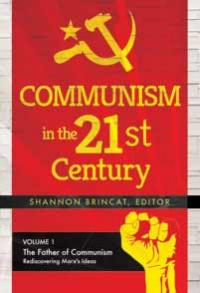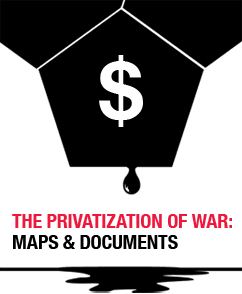The Communal System as Venezuela’s Transition to Socialism

Autor: Dario Azzellini
Publisher: Praeger Publishers Westport
Seiten: 32
http://www.abc-clio.com/products/productFactSheet....
http://www.abc-clio.com/product.aspx?id=2147546778
"The purpose of this chapter is to explore practices in the Bolivarian Revolution in Venezuela linked to the idea of a transition to socialism through the construction of communal production and consumption cycles controlled by workers and communities. The envisioned transition combines local self-administrat on and workers’ control of the means of production. The present work concentrates mainly on the experiences of local self-administration. Current processes of social transformation, along with official government declarations, envision communal councils as the base for multilevel self-government. These non representative structures for local self-administration—based on assemblies, direct democracy, spokespeople, and higher levels of coordination (the communes and communal cities)—are the way to build the communal state. In the longer term, the communal state should replace the bourgeois state. This chapter analyzes the aim of the communal state and the movements struggling for it. I interpret the process of social transformation as construction from two sides: from the constituent and constituted power. 1 This chapter also illustrates some of the conflicts that have arisen from the contradictions inherent to this specific modality."
In: Communism in the 21st Century. Vol. II: Whither Communism? The challenges facing communist states, parties and ideals. Shannon K. Brincat (Editor). 217-249
What do recurrent crises of capitalism mean for the future of communism?
A compelling three-volume exploration of the philosophical, social, and political facets of the theory and practice of communism within the conditions of 21st-century world politics and late capitalism.
The world has changed significantly, and so has communism. This groundbreaking three-volume series comprises contributions from over 30 experts that thoroughly address the past, present, and future of communism. The entries assess the modern re-articulation of the notion of communism and its potential emergence against the backdrop of recent historical conditions and contemporary world politics, taking into account the ongoing global financial crisis, recent revolutions throughout the Middle East, Occupy protest events, and anti-globalization movements. The first volume reexamines Marx's ideas from many distinct viewpoints while the second volume considers the numerous challenges facing existing communist parties, including those in China, Cuba, North Korea, and Vietnam. The last volume explores the future of communist thought and practice in the context of the modern world and the recurrent crises of capitalism.
Features
• Presents viewpoints from leading Marxist philosophers, economists, and historians alongside those from experts critical of communist ideas to provide a balanced, diverse collection on modern communism
• Re-examines established debates within communist and radical politics to show how these discussions have been reconfigured to how communism is currently situated in world politics and may develop in the future
• Explores Marx's vision from various interpretive backgrounds, including the socialist, economic, humanist, cosmopolitan, post-modern, feminist, environmental, and cultural, to engage a wide readership: students, academics, activists, and laypersons
Shannon Brincat is a postdoctoral research fellow at The University of Queensland, Australia. His research is focused on the Frankfurt School and Critical International Relations Theory, and he has published on these areas in European Journal of International Relations and Review of International Studies and Constellations, amongst others. Brincat is coeditor of Critical Theory in International Studies and Security Studies: Interviews and Reflections and cofounder and coeditor of the journal, Global Discourse.























